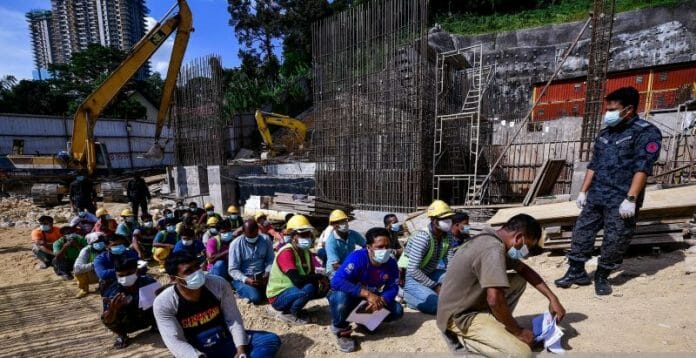The total fee rate for the Workforce Recalibration Program (RTK) 2.0 of RM1,500 is considered too high for most businesses and their operators, especially for industries that use the services of hundreds of workers in one project. In fact, the Malaysian Real Estate and Housing Developers Association (Rehda) said the amount would only add to the burden of the large amount that needs to be borne and may not be financially viable.
In a statement, its President Datuk NK Tong said the fee should remain as low as possible to further encourage business participation in the program and any high fee would be a hindrance or have the opposite impact. He said the government should help industry and the country’s economy to recover to ensure companies can offer more jobs and make profits and be able to pay taxes. “The program should not be used as a source of government income. Since costs continue to rise, the government should be able to help (the industry),” he said, he also praised the move to abolish document fees for housing loans recently as a good example of reducing the cost of doing business.
Tong said the act of charging lower fees will allow the savings to be passed on to potential buyers in terms of lower house prices even as developers try to maintain prices in a scenario of continued rising inflation. In addition, Rehda encourages employers in all industries that have illegal foreign workers to participate in the recalibration program to ensure that workers are protected and that business runs smoothly again.”We hope members can comply with this law because any refusal will affect existing and planned projects,” he said.
On 27 January last, Home Minister Datuk Seri Saifuddin Nasution Ismail said the ministry did not intend to revise the RTK fee payment rate which remained at RM1,500. Employers can start applying for the recruitment of foreign workers under the RTK 2.0 from 27 Jan to 31 Dec 2023. The eight sectors allowed to participate are manufacturing, construction, mining and quarrying, security guards, services, agriculture and plantations, and foreign domestic workers.









